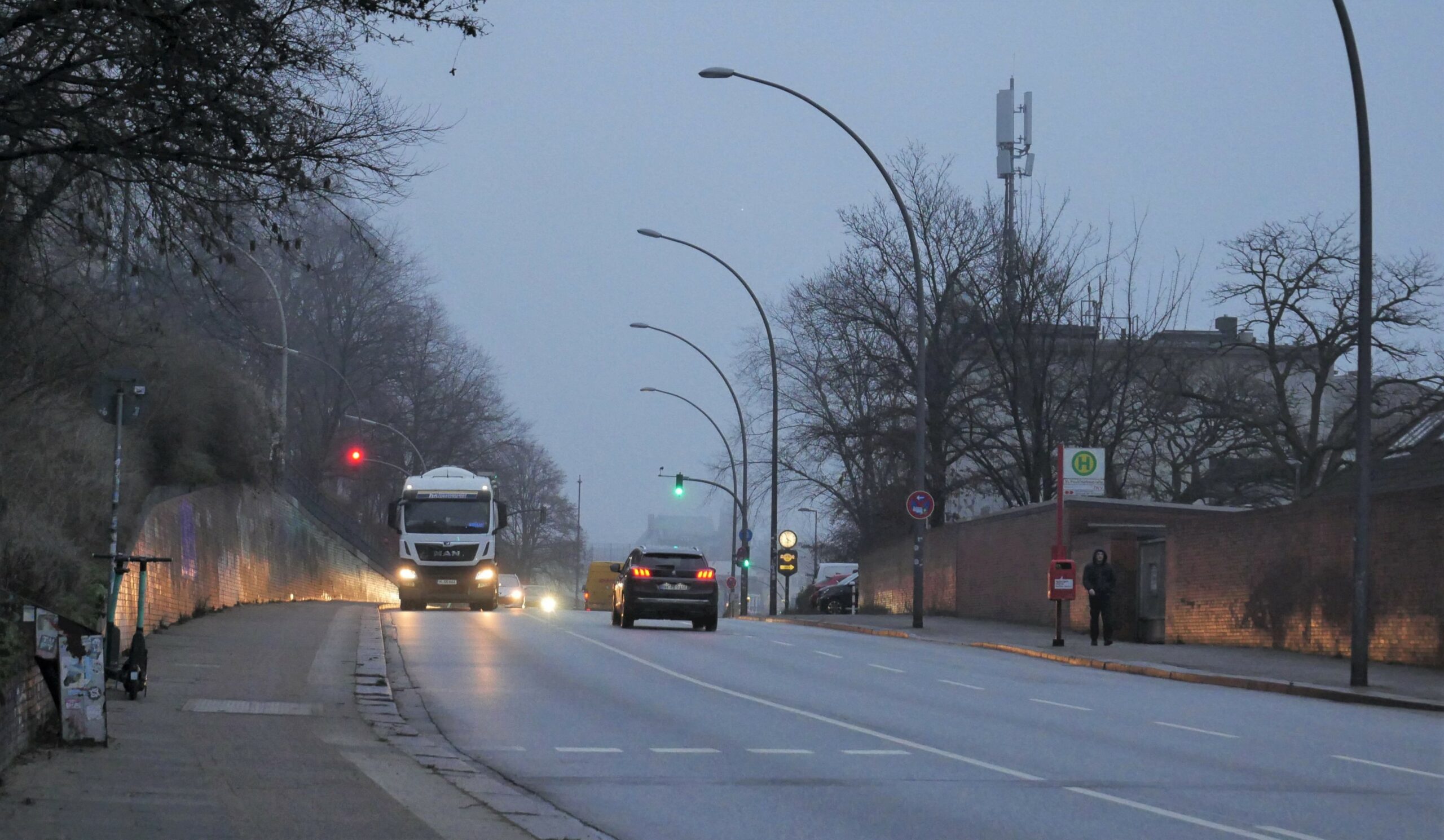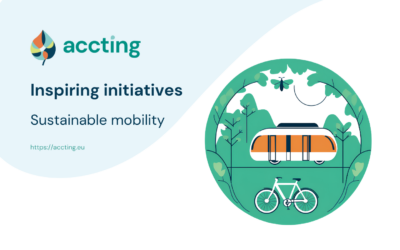
[Photo by Kevin Kandlbinder]
Transport poverty is a problem that affects the daily lives of millions of people. If someone is transport poor, it means that they lack mobility recourses to access work, education, health, and social networks. In research, it is an area that focuses on the study of how socioeconomic conditions affect everyday mobility and people’s access to transport. To find work, you may need a driver’s licence, and if you cannot pay for transport, it is harder to take part in various forms of education. Similarly, households without a car may find it difficult to get to local health institutions or to visit family and friends. Especially ‘vulnerable’ groups, that is, groups of people who tend to be socially marginalised or excluded, as well as low-income groups, show mobility patterns that differ greatly from more privileged groups. For example, low-income groups spend a higher percentage of their income on transport, while at the same time they tend to have greater difficulty accessing high quality transport options. The result is that low-income groups travel less, have fewer job and study opportunities, and with that are more likely to be stuck in their low-income living situation.
What does this tell us about how to achieve a more sustainable transport system? It raises the importance of sustainable transport to be socially inclusive and just. In a transition to more sustainable transport (i.e., walking, cycling, public transport, sharing cars, scooters, e-bikes, etc), it is important to make public transport reliable, accessible and affordable, in cities and in remote areas. In fact, families living in remote areas where cars are the only means of transport may become more vulnerable when fuel costs increase. In a similar manner, those dependent upon public transport may become at risk of transport poverty if ticket prices increase. Sustainable transport needs to include equity in access to transport, regardless of geographical location or income. By involving families in socially vulnerable areas, we address possibilities and hindrances they face with regards to sustainable transport and transport poverty.
ACCTING’s transport poverty research focuses on families living in socially vulnerable areas – typically associated with criminality, unemployment and low income. A focus on families addresses how mobility is part of everyday family life and its power dynamics. This means that to understand what can be done to resolve the problem of transport poverty, we need to consider how intersections of gender, age, ethnicity, and socio-economic factors influence people’s mobility practices and their experiences thereof. Transport poverty emphasises that mobility is unequally distributed – that not all have the same possibility to be mobile on equal terms – sometimes not even within the same family. Since mobility is gendered, gendered norms are likely to influence who in the family has primary access to the car, and who has to take the bike or the bus. This in turn affects who moves, how, with what speed and with what level of autonomy and safety.
Policy interventions to promote sustainable transport need to implement strategies that manage to mitigate transport poverty based on the involvement of vulnerable groups and their transport experiences. This research will contribute with important perspectives and insights based on the experiences and perspectives of ‘vulnerable’ groups, including their own actions to mitigate transport poverty.
About the author
 Dag Balkmar is Associate Professor and Senior Lecturer in Gender Studies at Örebro University, Sweden. His research encompasses studies of gendered mobilities, including a specific focus on men, masculinities, technology, risk-taking and (un)sustainable mobilities. A current project focuses on the everyday mobilities of families in socially vulnerable Swedish neighbourhoods (financed by Formas). The aim of this project is to investigate how families living in socially deprived and ethnically diverse neighbourhoods in three middle-sized cities in Sweden move around on an everyday basis, and how family members manage and experience their everyday mobility. His research is mainly qualitative, based on interviews, narratives, ethnographic field work, workshops, mobile methods and interactive research methods.
Dag Balkmar is Associate Professor and Senior Lecturer in Gender Studies at Örebro University, Sweden. His research encompasses studies of gendered mobilities, including a specific focus on men, masculinities, technology, risk-taking and (un)sustainable mobilities. A current project focuses on the everyday mobilities of families in socially vulnerable Swedish neighbourhoods (financed by Formas). The aim of this project is to investigate how families living in socially deprived and ethnically diverse neighbourhoods in three middle-sized cities in Sweden move around on an everyday basis, and how family members manage and experience their everyday mobility. His research is mainly qualitative, based on interviews, narratives, ethnographic field work, workshops, mobile methods and interactive research methods.


